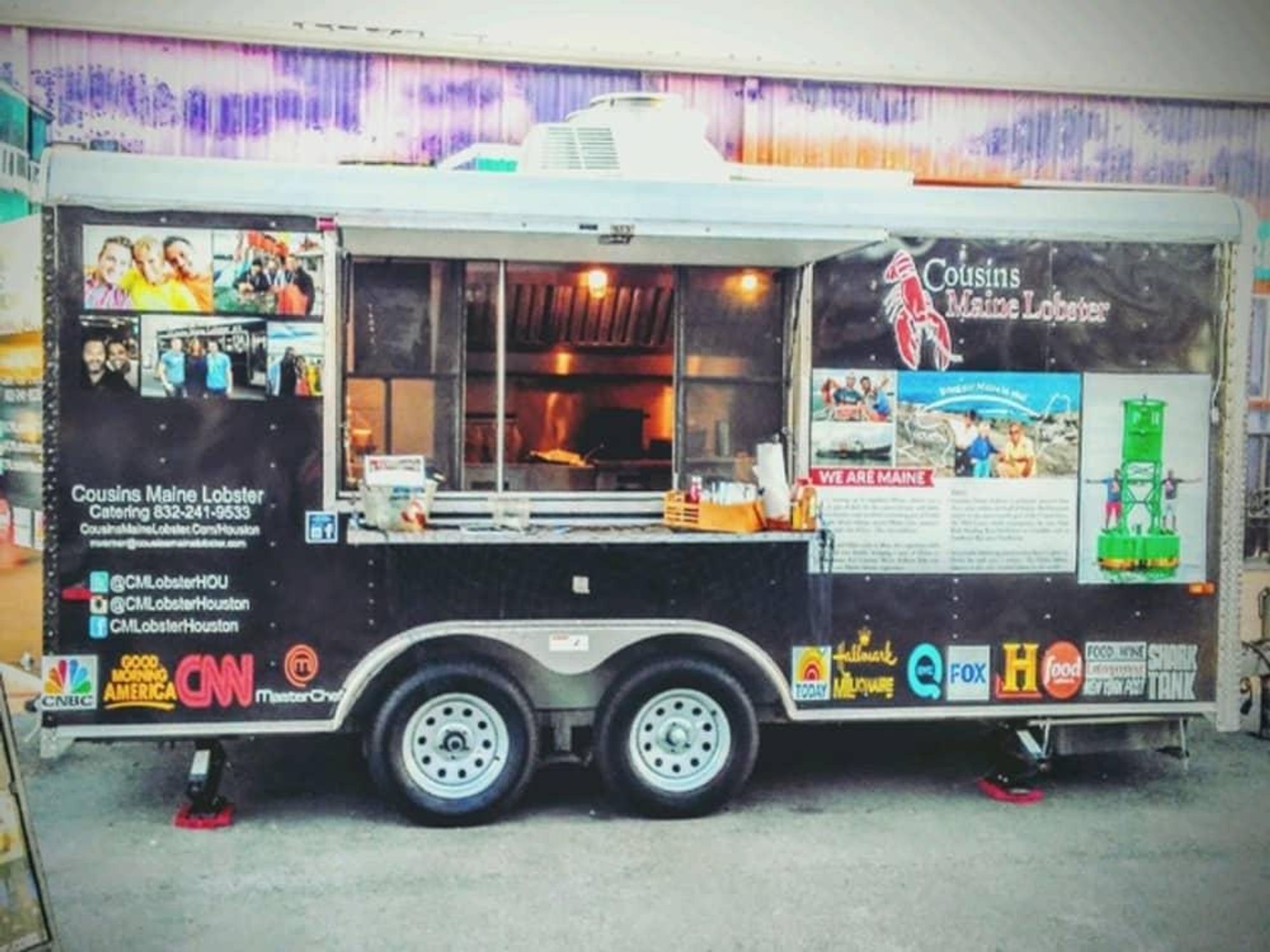Wheely important
How Houston stacks up to the most food truck-friendly spots in America

Food trucks continue to make moves in Houston, and a comprehensive survey of the food truck industry, released earlier this month by the U.S. Chamber of Commerce, ranks just how food truck-friendly H-Town is compared to other American cities.
To frame its research, the chamber combined publicly available statistics from counties and municipalities with data culled from a survey of 288 food truck owners and operators in 20 major cities across the United States. The research zeroed in on how regulations, costs, and restrictions can affect a food truck business.
Houston ranks sixth overall in the field of 20, just ahead of No. 7 Austin. (Neither Dallas-Fort Worth nor San Antonio were included in the report.)
Of particular emphasis were regulations. Many of the survey respondents reported more red tape for food trucks than for brick-and-mortar restaurants, according to the chamber. In Houston, 21 initial procedures are required for food trucks, necessitating 17 visits to regulatory agencies and $1,788 in associated costs. In Austin, there are 20 procedures, 14 trips to agencies, and $1,139 in fees. The most food truck-friendly cities like No. 1 Portland and No. 2 Denver often combine procedures to reduce legwork.
The next metric deals with the ease of complying with restrictions once the food truck is operating, examining both the number of rules an operator must obey for regular business and the total number of square feet that trucks must keep away from various entities like schools, restaurants, or private residences.
With only six restrictions and 160 square feet of distance, Houston ranks better than middle-of-the-pack Austin (with 12 restrictions). Both are much more favorable than cities like Minneapolis, which has 22 restrictions and 1,636 square feet of distance mandated by some rules.
Lastly, the chamber looked at how much it costs to keep up to date with compliance including insurance; taxes; food, safety, and fire inspections; vehicle registration; and notary expenses, among other factors. In total, running a truck for a year in Houston costs $22,746, slightly higher than Austin's $22,168, but well over top-seeded Portland, which only averages a cost of $5,410.
Like all cities in the survey, Houston has its own set of particular hurdles, most notably strict commissary rules. “We are required to visit a commissary daily, no matter if it is necessary or not,” reported one food truck owner. "Even if the truck did not vend that day, its owner must pay to visit the commissary to be serviced," notes the report.
Despite obstacles, the food truck industry remains healthy nationwide, driving tourism dollars and often acting as an incubator for brick-and-mortar businesses, like Houston's Ripe Cuisine, the vegan offering from chef-owner Stephanie Hoban, which has plans for a restaurant at the Heights Waterworks development.
